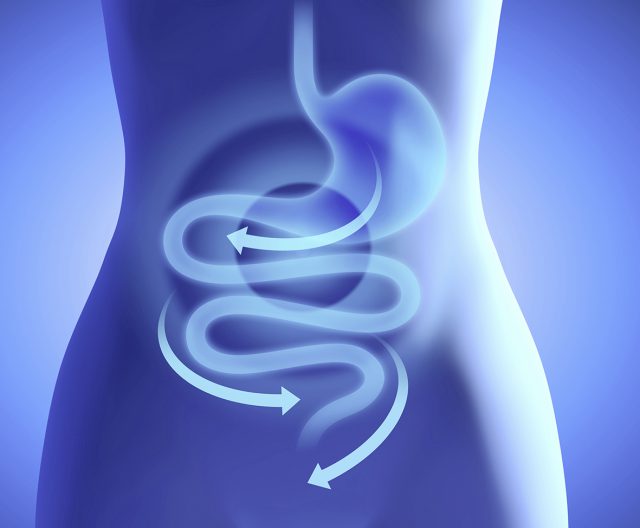A new study shows that Beneo’s prebiotic chicory root fiber, Orafti Inulin, induces selective changes in the gut’s microbiota composition that can be directly linked to improved regularity and wellbeing for the first time.
The study, conducted by Professor Jeroen Raes, Department of Microbiology and Immunology and Professor Kristin Verbeke, Translational Research in Gastrointestinal Disorders unit at the University of Leuven, Belgium, has been published in the journal Gut and highlights the very selective effect of Orafti Inulin on the gut microbiota composition.
The researchers used ‘next generation sequencing’ to assess the impact of inulin fermentation.
This method allowed the entire human colonic bacterial ecosystem to be assessed.
The results showed that inulin intake selectively changed three bacterial genera: Bifidobacterium, Anaerostipes and Bilophila.
It increased the relative abundance of Bifidobacterium and Anaerostipes, both known as ‘good’ bacteria, supporting a health microbiota.
Bifidobacteria are known for producing vitamin B, antioxidants and conjugated linoleic acids, as well as stimulating the immune system and Anaerostipes for their butyrate production, which supports the gut mucosa.
The selectivity of Orafti Inulin was further demonstrated through decreased levels of Bilophila, a genus related to increased gas production.
This decrease upon inulin consumption was linked with both softer stools and improved constipation-related quality of life measures.
The specific stimulation of the Bifidobacterium population is supported by a vast amount of research and inulin-type fructans have long been studied for their positive impact on the human gut microbiota.
However, this is the first time that a direct link has been established between the consumption of inulin, a selective change in microbiota composition and an improvement in quality of life.
The faecal samples analyzed in this recent study were collected from an earlier randomized, double blind, placebo controlled human intervention study by a group of researchers.
The results of the previous clinical trial, conducted in healthy volunteers with mild constipation and receiving 3x4g per day of chicory inulin over four weeks, showed a significant increase in stool frequency per week.
The results of this earlier study played a pivotal role for a positive European Food Safety Authority (EFSA) opinion and an exclusive EU health claim for the company’s prebiotic chicory inulin for its contribution to normal bowel function.
The fermentation process induced by inulin was addressed by the EFSA as part of the mechanism behind the improved regularity.










